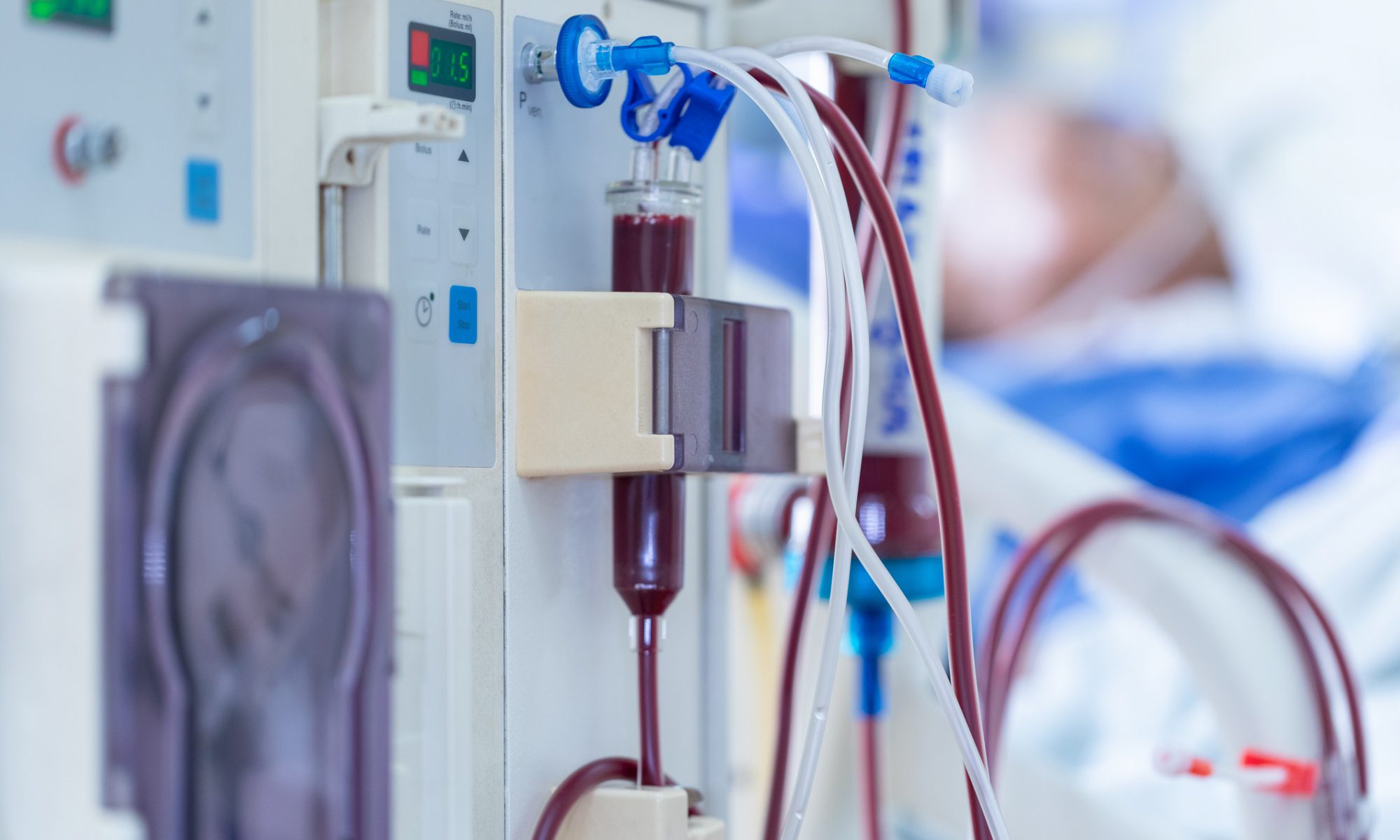By Mark E. Neumann
PHILADELPHIA — The percent of patients who choose home dialysis within the first year of treatment varies by country, a study presented here showed.
“There is a wide variability in home dialysis use from a high of 50% of patients receiving home dialysis in New Zealand to less than 10% in France,” Annabel Boyer, MD, of the Centre Hospitalier Universitaire de Caen, Caen, Basse-Normandie, France, and colleagues from Canada, Australia, the United States and the United Kingdom wrote in the poster. Read the article in Healio.








